Tag: kentucky
-
An early look at the race to 2026 U.S. Senate election in Kentucky
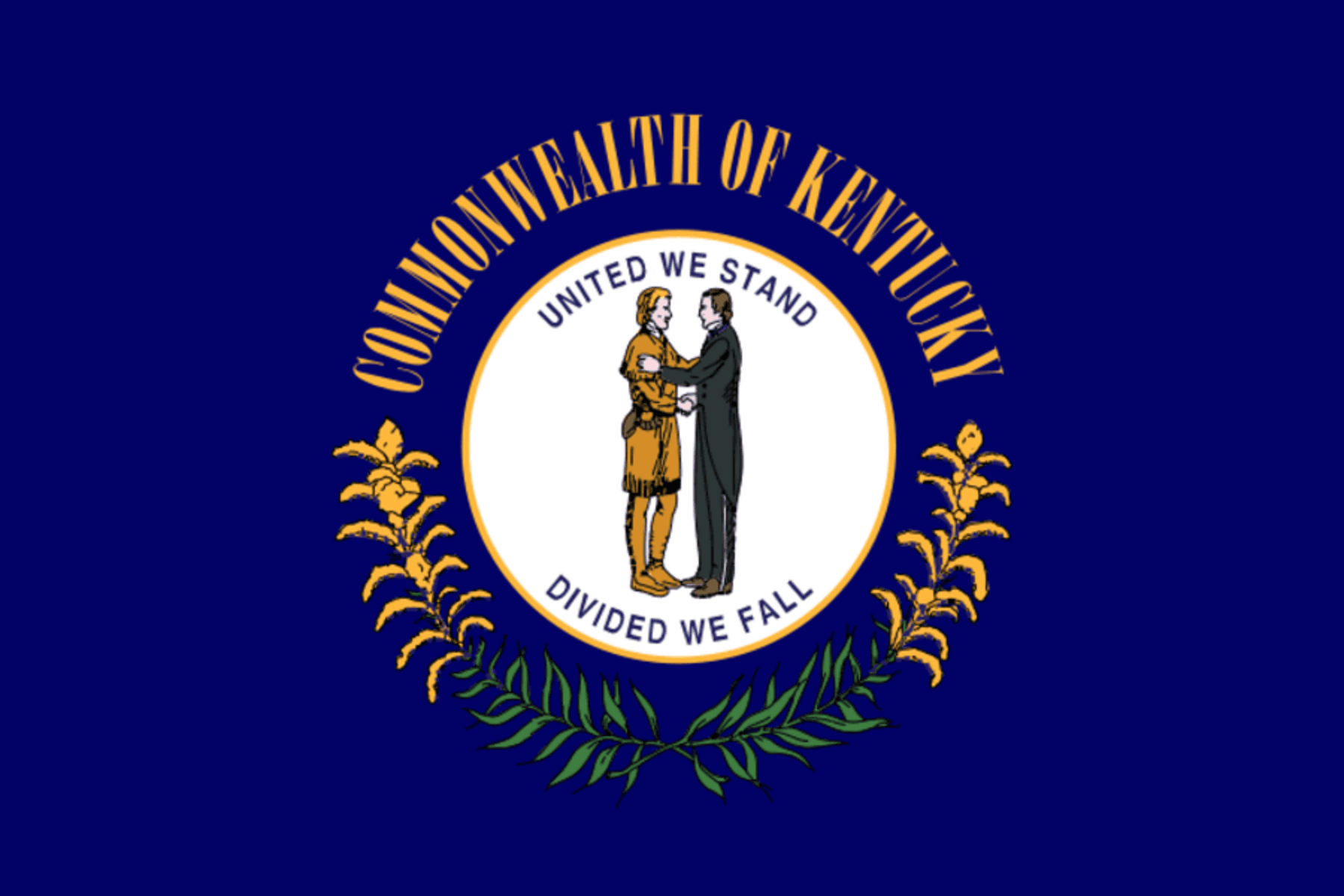
Voters in Kentucky will elect one member to the U.S. Senate in the general election on Nov. 3, 2026. On Feb. 20, 2025, incumbent Mitch McConnell (R), who first took office in 1985, announced that he would not seek re-election in 2026. According to NBC News’ Ben Kamisar, “McConnell’s departure opens up a plum political…
-
Indiana joins Kansas, Kentucky, and Wyoming in enacting laws to restrict foreign contributions to ballot measure campaigns—the highest number passed in a single year
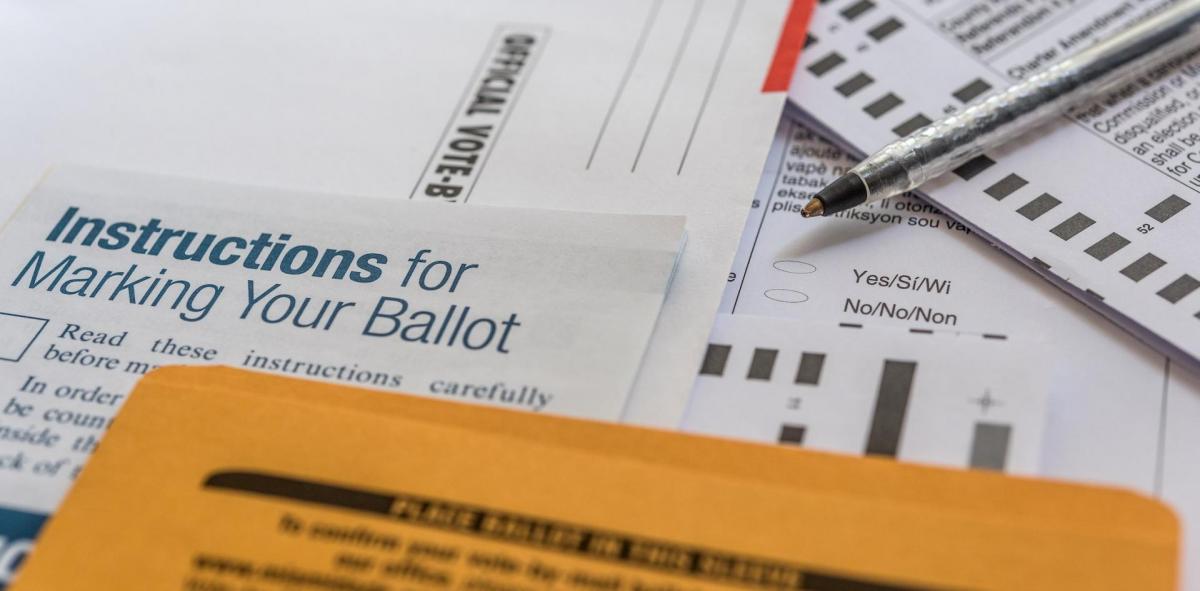
So far, during the 2025 legislative sessions, four states—Indiana, Kansas, Kentucky, and Wyoming—have enacted new laws restricting foreign contributions to ballot measure campaigns. With these additions, 13 now have laws prohibiting foreign nationals, governments, or other entities from contributing to ballot measure committees. The 13 states with such laws are California, Colorado, Indiana, Kansas, Kentucky,…
-
2025 marks record year as Kansas, Kentucky, and Wyoming join states with laws restricting foreign contributions to ballot measure campaigns

So far, during the 2025 legislative sessions, three states—Kansas, Kentucky, and Wyoming—have enacted new laws restricting foreign contributions to ballot measure campaigns. With these additions, 12 now have laws prohibiting foreign nationals, governments, or other entities from contributing to ballot measure committees. The 12 states with such laws are California, Colorado, Kansas, Kentucky, Maine, Maryland,…
-
Kentucky Legislature overrides veto on Medicaid work requirements bill
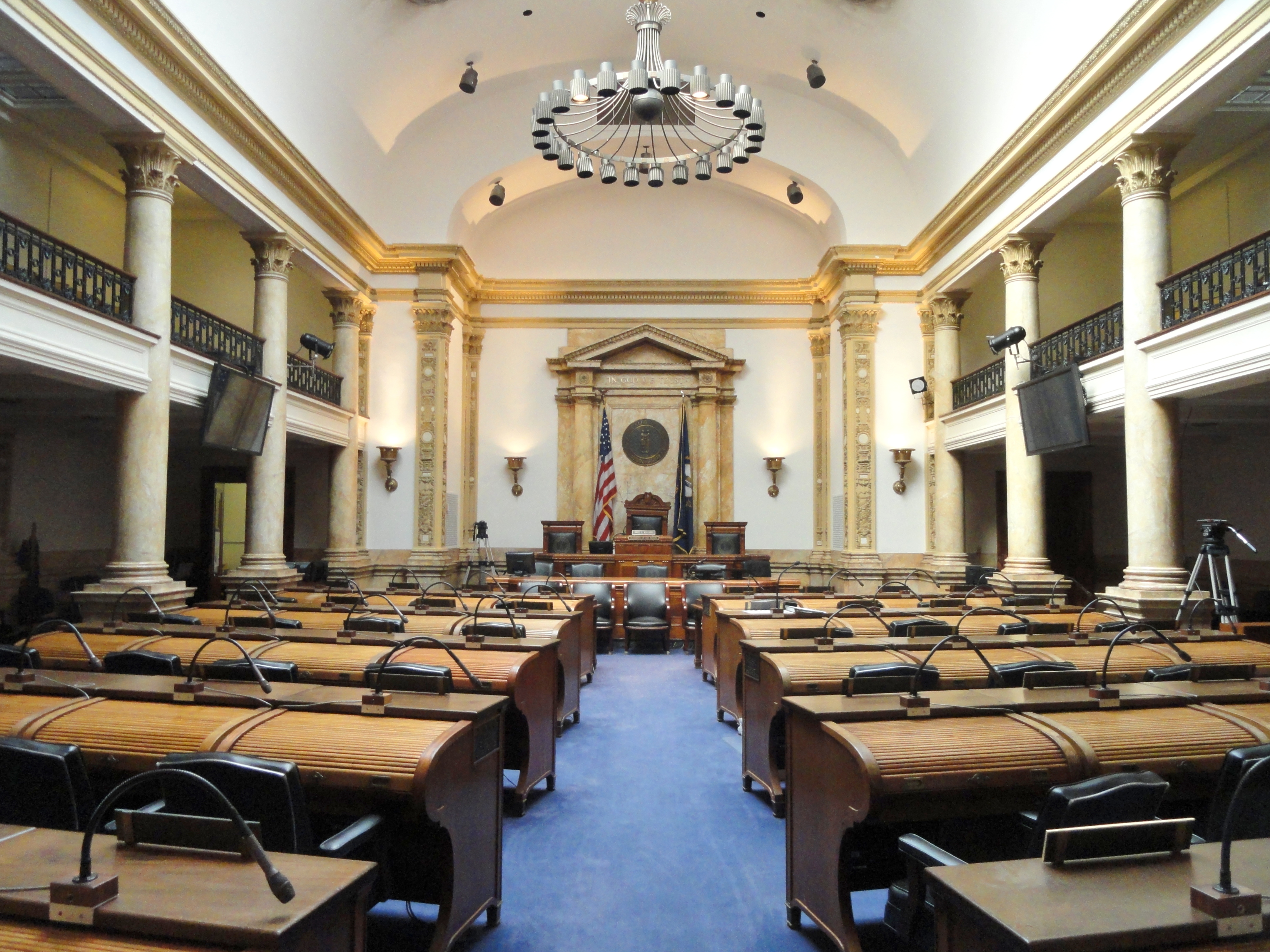
On March 27th, the Kentucky Legislature voted to override Gov. Beshear’s (D) veto of House Bill 695, which requires the state to seek work requirements for able-bodied adult Medicaid recipients. Kentucky has a divided government with a Republican-controlled legislature and a Democratic governor. Kentucky is one of six states that require a simple majority vote…
-
67% of elections in Kentucky are uncontested
Of 1,168 regular elections in Kentucky—783 (67%) are uncontested. An uncontested election is one where the number of candidates on the ballot is less than or equal to the number of seats up for election. Of the 24 states where Ballotpedia is covering every election on Nov. 5, Kentucky has the 10th highest rate of…
-
Six presidential tickets will appear on the ballot in Kentucky this November

Kentucky’s Nov. 5, 2024, general election ballot will feature six presidential candidates and their running mates. They are: Jill Stein is the Green Party’s presidential nominee, but she will appear on Kentucky’s ballot as the Kentucky Party’s presidential nominee. Stein’s running mate is Butch Ware, but she filed to appear on Kentucky’s ballot before selecting…
-
Democrats and Republicans endorse competing candidates in Kentucky’s nonpartisan Supreme Court election

Pamela R. Goodwine and Erin Izzo are running in the general election for the Kentucky Supreme Court 5th District on Nov. 5. Kentucky is one of 13 states to elect state supreme court judges in nonpartisan elections. Goodwine and Izzo are running to replace retiring incumbent Chief Justice Laurance VanMeter. The winner will not replace…
-
Six states passed laws related to the restoration of voting rights for felons or voting by incarcerated individuals
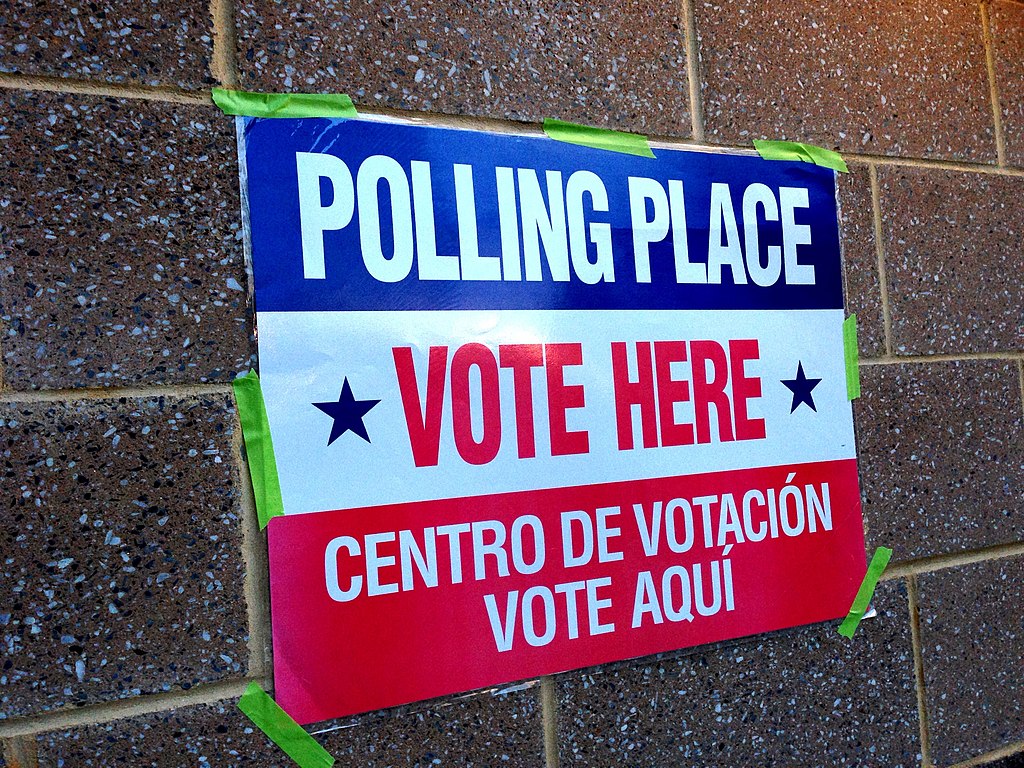
Six states adopted new laws related to voting by individuals convicted of a felony or voting by incarcerated individuals, including two states with Republican trifectas that passed bills to restore voting rights to certain individuals convicted of a felony more quickly. In Oklahoma, Gov. Kevin Stitt (R) signed HB 1629 on May 13, restoring voting rights to people convicted…
-
Nine states approved bills related to noncitizen voting, voters in eight states will consider ballot measures this November
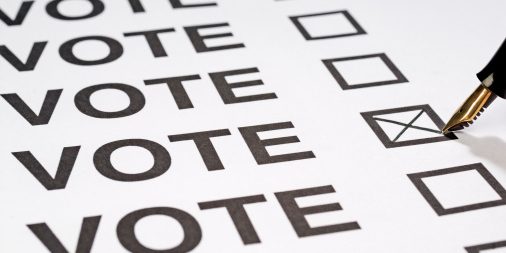
Nine states, including seven with Republican trifectas, have enacted legislation this year related to the eligibility of noncitizens to vote. In total, voters in eight states will consider ballot measures related to noncitizen voting at the November general election. In Louisiana, SB 436 requires proof of citizenship for voter registration applications. In 2022, Louisiana voters approved a ballot…

